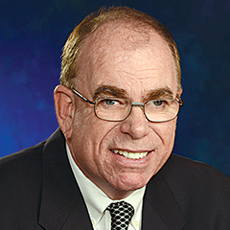
Where would senior living be without technology? Perish the thought.
Tech improvements are helping operators meet the needs of residents and the bottom line in ways that once seemed unimaginable. New analytical applications are allowing communities to run more efficiently, and in some cases unearth new business opportunities.
Meanwhile, sensors and other devices have greatly improved monitoring. They are also fueling greater resident independence, while giving families greater peace of mind.
So let’s agree that technology is making things much, much better. But technology is not the be-all and end-all that technoholics would have you believe. At least not in my view.
And it appears I may have a kindred spirit: Kentaro Toyama. He just happens to be the W.K. Kellogg Associate Professor of Community Information at the University of Michigan School of Information.
Toyama describes himself a recovering technoholic. His recent book, “Geek Heresy: Rescuing Social Change From the Cult of Technology,” delivers this caveat about technology: don’t overlook the human element.
There’s a certain comfort to be had in the knowledge that even in this age of amazing technology, progress often depends on human changes that gadgets can’t deliver.
His book serves up ample evidence of technology not being able to go it alone: computers in Bangalore being locked away because teachers don’t know how to turn them on. Mobile phone apps designed to spread hygiene practices in Africa failing to improve health. Silicon Valley moguls calling for novel technologies at work, yet chauffeuring their children to high-end schools that ban electronics.
His book is hardly a manifesto for Luddites. But it does embrace a human-centric approach to fostering technological innovation. That’s a subtle but important distinction from simply relying on technology to bring about change. And it’s one we would do well to remember going forward.



